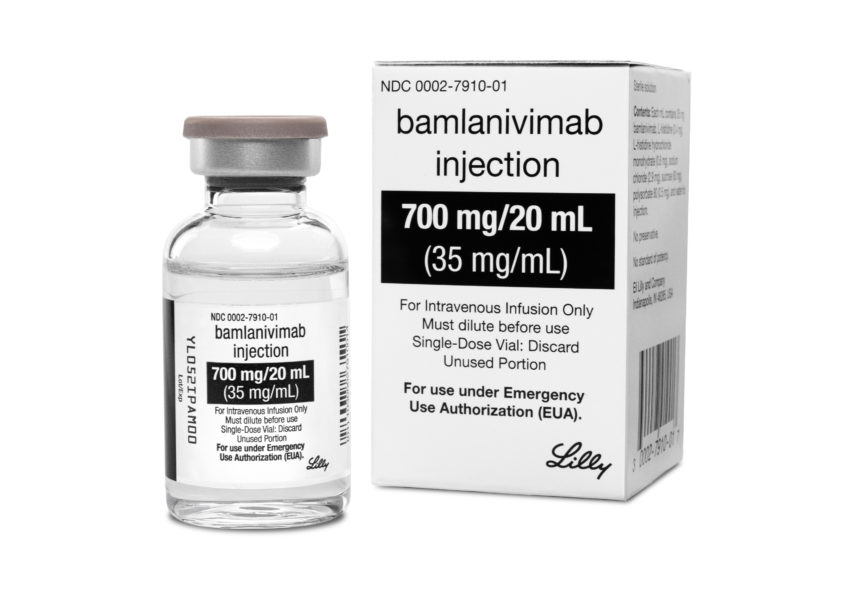
Federal officials have halted the distribution of Eli Lilly’s bamlanivimab monoclonal antibody treatment in three states due to concerns about a homegrown COVID-19 variant that renders it ineffective, acting Food and Drug Administration Commissioner Janet Woodcock, M.D., said in a Wednesday American Medical Association webinar.
The decision affects areas of California, Arizona and Nevada. Woodcock said that her agency regularly screens monoclonal antibodies for effectiveness against different variants, Endpoints News reported.
Eli Lilly acknowledged that the stoppage was due to SARS-CoV-2 variants first detected in California, while noting that its dual-drug treatment — bamlanivimab combined with etesevimab — “maintains its neutralizing effect against this variant,” according to the news outlet.
New coronavirus variants appear to be gaining ground in the United States. The Centers for Disease Control and Prevention recently has elevated two California variants, B.1427 and B.1429, to an intermediate level of “variant of concern.” Variants with this designation are determined to pose a possible impact on diagnostics, treatments and vaccines, as well as have the potential for greater severity and increased transmissibility when compared with earlier coronavirus variants in wide circulation, the agency states. The next level, and top tier, of concern is “variant of high consequence.”
The FDA is confident that the three monoclonal antibody treatments currently authorized in the United States are effective against the B.1.1.7 variant that was first detected in the United Kingdom and is quickly making inroads here, said John Farley, M.D., director of the FDA’s Office of Infectious Diseases, Center for Drug Evaluation and Research, in the webinar. Both FDA and CDC are currently working to providing clinicians with up-to-date information on variants of greater concern, he added.
Monoclonal antibodies have proven highly successful in keeping mild to moderate COVID-19 from progressing into a severe form, and assisted living communities have been some of the most prolific users, McKnight’s has reported. An initiative by the Department of Health and Human Services is set up to funnel the infusion product directly to pharmacies serving long-term care facilities. But the treatment has far fewer users than federal authorities originally hoped.
On Thursday, HHS invested $150 million into a campaign to ensure that more of the treatments become available to marginalized communities.




